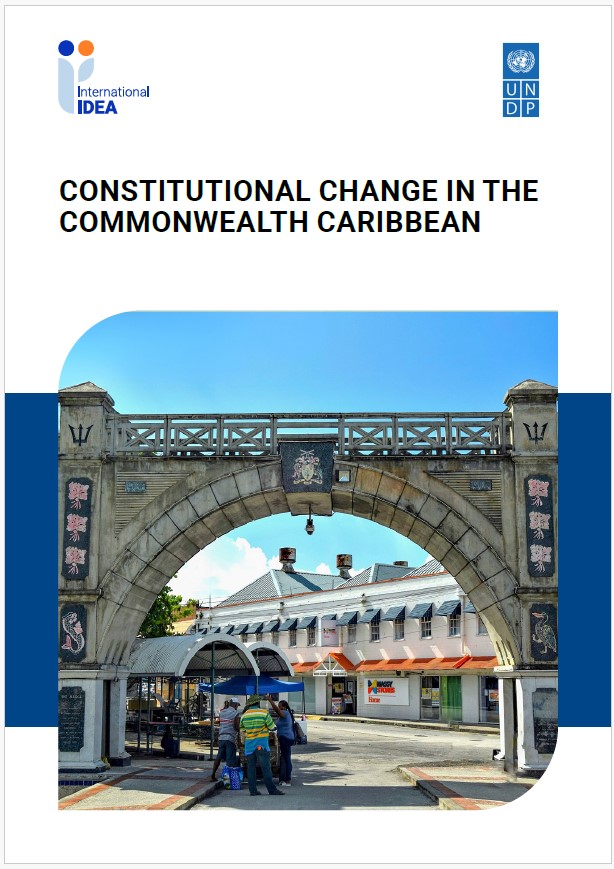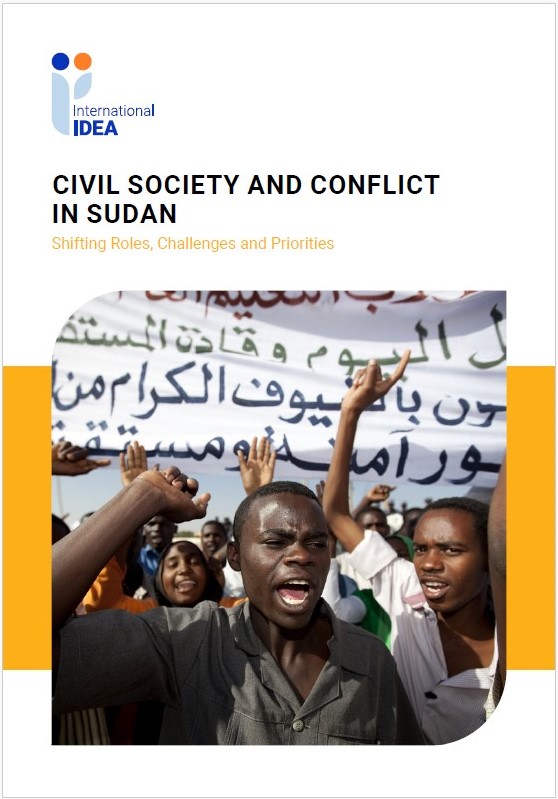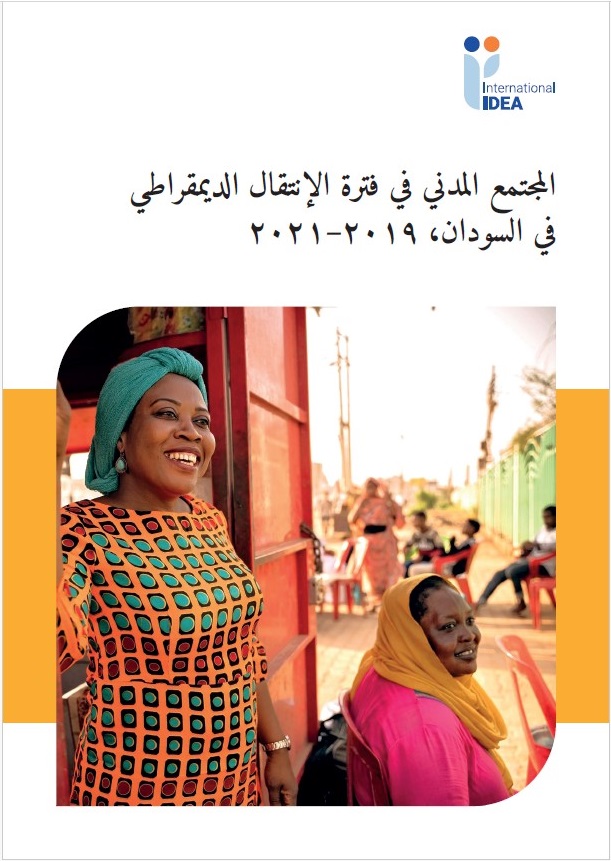MEPA is an online Master Programme providing advanced learning on electoral processes for current and aspiring election professionals. It targets mid/upper level professionals who want to acquire the specific knowledge and skills to work as election administrator, and/or to work as a part of Election Management Bodies (EMBs).
Search
Region
Country
Type
On 25 March International IDEA and Les Petits Matins launched the French edition of Democratic Transitions: Conversations with World Leaders at an event at the residence of the Belgian Ambassador in Paris.
On 21-22 March 2016, the Mongolian Government hosted a seminar on “Democratic Transitions in Asia: Lessons Learned from Transitional Elections”. The seminar hosted participants from 10 Asian countries, including Afghanistan, Bhutan, Cambodia, Indonesia, Kyrgyz Republic, Lao, Myanmar, Nepal, Sri Lanka and Timor Leste, who shared their first-hand experiences of different types of transitions.
Bhutan’s transition to democracy is in many ways unique. While in most cases, countries begin their transition in response to political, social or economic calamity, the political transformation of Bhutan was a clear case of a planned and long envisioned goal by the country’s revered monarch King Jigme Singye Wangchuck.
Over the past 30 years an increasing number of countries have employed elections to determine the will of their people and form representative governments.
The idea that electoral management bodies (EMBs) should conduct regular risk assessments has become increasingly popular and the demand for International IDEA’s Electoral Risk Management Tool has exploded in recent years.
Elections are central to establishing a legitimate democratic government. However, a democratic government’s degree of legitimacy depends on the extent to which elections are trusted and perceived to be free and fair.
At the same time, competition is an inherent part of elections, which can tempt actors to engage in various types of misconduct during the many stages of the electoral process.
The elections organised on Africa’s Super Sunday a week ago have put the current status of democracy on full display. In Benin and Cape Verde, fierce electoral campaigns by political parties and candidates led to leadership turnover in the presidential office and national assembly, respectively. In Congo, Niger and Zanzibar, on the other hand, election day on 20 March tells the story of more reluctant marches toward democratic transition–if not departures from the democracy path.
The African Union (AU) is one of the world’s most advanced regional organizations in terms of its mandate and instruments to create, protect and promote democracy in its member states.
Nine primers on constitution building in Arabic have been added to the website.
Samoa’s Human Rights Protection Party (HRPP), led by incumbent Prime Minister Tuilaepa Sailele Malielegoai won 80 per cent of the seats in parliament, following the 4 March election. The HRPP will now be able to run the small island state without much input from the marginalized opposition party Tautua Samoa Party (TSP), and just under a dozen elected independent MPs.
Our heartfelt condolences go to the families who lost their loved ones in the terrorist attacks in Brussels on 22 March 2016. Our thoughts are with them and we stand together with Belgium and its citizens in their mourning.
International IDEA and the international community condemn once again such shameful acts of terrorism. Terrorism seeks to destroy and disrupt our way of life. In particular, it attacks the fundamental values of democracy that International IDEA stands for.
El pasado martes 16 de marzo, en las instalaciones de la Comisión Económica para América Latina y el Caribe (CEPAL) en Santiago de Chile, se firmó un Memorándum de Entendimiento (MOU) entre IDEA Internacional y la CEPAL con el fin de continuar y fortalecer los lazos de cooperación y colaboración entre ambas instituciones.
Las áreas de cooperación contempladas en ese acuerdo se enfocarán en la realización de actividades conjuntas en los siguientes aspectos:
On 16 March, International IDEA and the Economic Commission for Latin America and the Caribbean (ECLAC) signed a Memorandum of Understanding (MOU) at ECLAC headquarters in Santiago, Chile. The MOU signals a continuation and strengthening of collaboration and cooperation for specific projects and agreements.
The areas of cooperation in which both institutions agreed to develop joint activities will be focused on the following aspects:
On 20 March, five countries and one semi-autonomous archipelago in Africa are going to the polls – get ready for the presidential elections in Benin, Niger and the Republic of Congo, the elections to the national assembly in Cape Verde, the rerun of presidential and assembly elections in Zanzibar and the constitutional referendum in Senegal.
STOCKHOLM—The announcement of the Sustainable Development Goals (SDGs) under the 2030 Agenda for Sustainable Development is a push toward a global change process and regional organizations are joining in support of the initiatives.
The position of women in Tunisia is largely credited for being among the most advanced and liberated in the West Asia and North Africa region. Despite many decades of gains however, women are still largely excluded from positions of power and decision-making both within their political parties and the government.
Voter turnout statistics provide us with a rough indicator of citizen participation in electoral processes. Looking back at 2015, to what extent did African voters participate on election day, and what conclusions can we draw from this?


